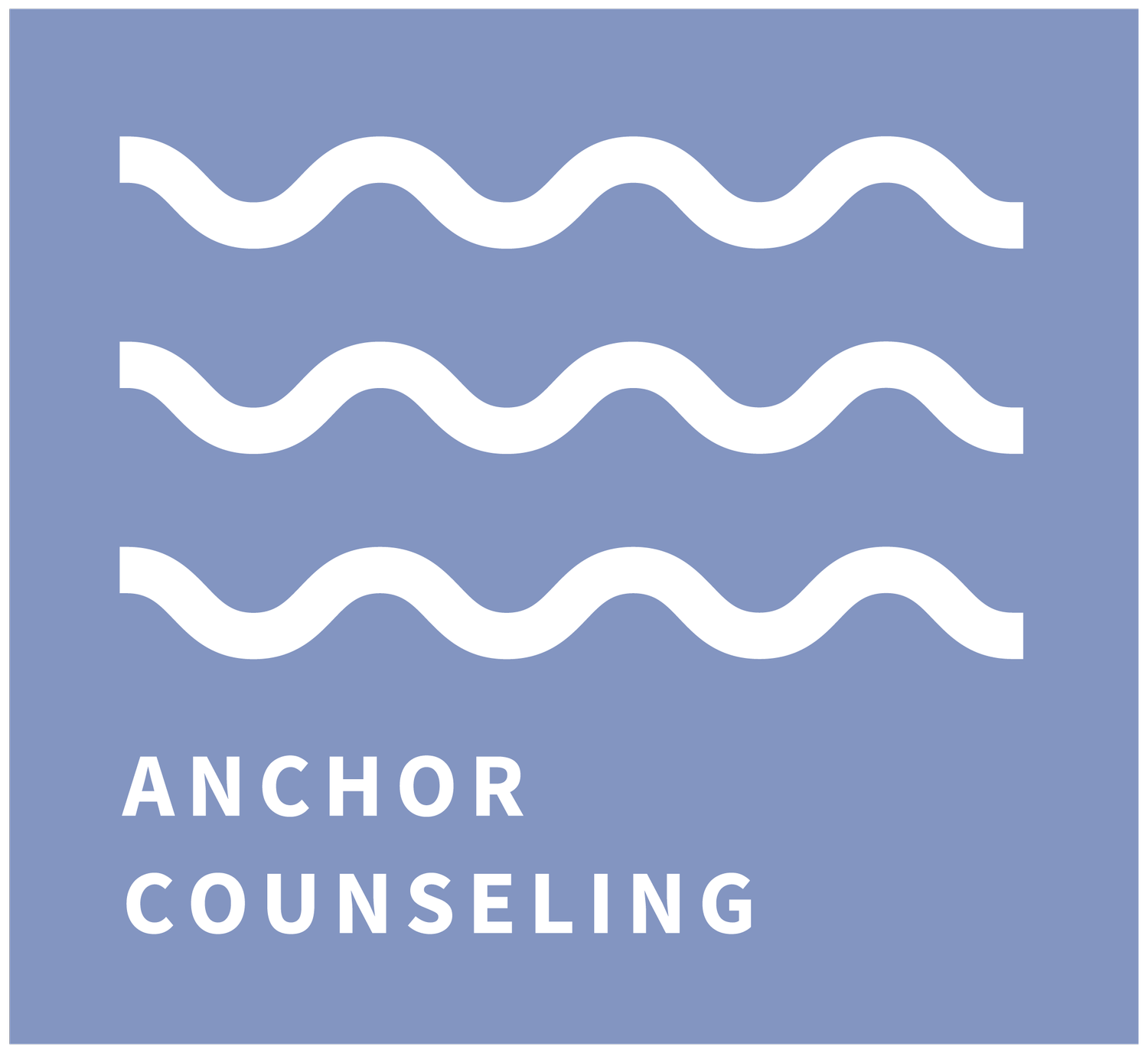Chronic or Acute Stress: What Are You Feeling?
Everyone experiences stress.
At its most helpful, stress can function as a motivator, reminding us that there are things that mean a lot to us that we want to prepare for and spend time on. It helps us get started on projects we need to spend a lot of time on, and helps us work hard when something is important to us.
But stress can veer away from helpful and start to become an obstacle for us. It can grow and become all we’re able to feel–and prevent us from taking action because the stakes seem too high to make a mistake.
Understanding this difference between chronic and acute stress can help you make the distinction for yourself when you’re experiencing intense periods of stress. Is it situational, caused by something coming up in your life, or does it never seem to go away?
Let’s break down the difference between them:
Acute stress:
Acute stress is the kind of stress that we all feel from time to time. The word acute means severe or sudden, meaning the stress comes on all at once, and is intense but is directed at a specific occurrence. Maybe you’re in traffic before a job interview, or getting ready for a first date, or trying to study for a big test.
Some symptoms of acute stress include:
Trouble sleeping
Increased anxiety
Unpredictable mood
Increased irritability
Trouble concentrating
Chronic stress:
Chronic stress on the other hand, is not related to a specific event or situation. Rather, it occurs when someone is repeatedly exposed to high stress environments without relief. This could be difficult or toxic relationships, high stress jobs, financial insecurity, minority stress, etc.
The symptoms of chronic stress are similar to acute stress, but with repeated and prolonged experience of the symptoms can also lead to additional complications including:
Anxiety disorders
Depression
Isolation
Physical aches and pains
Fatigue
Digestive issues
Insomnia
Rapid weight loss or gain
Stomach ulcers
High blood pressure
What is stress?
Stress is a reaction that occurs within your body. Like we said above, it can be a healthy reaction when it doesn’t overpower our other reactions. It can help us take important things seriously and do our best when it counts.
When we experience stress, our body essentially kick starts our fight or flight reaction. Our heart pounds, our heart races, and our senses all seem to get sharper. We can’t stop ourselves from experiencing stress, but we can develop tools to manage it.
Some tips to manage stress include:
Moving your body: taking a short walk or doing a bit of stretching is enough to help relieve stress from your body
Practicing mindfulness: learning to focus on the present moment and what is within your control–while letting go of what is not in your control–can help to reduce feelings of intense stress when they come up
Relaxation tricks: whether it's box breathing, meditation, taking a warm shower, preparing a meal, brewing a cup of tea, journaling, etc., relaxation habits can help center you in the present moment and reduce the intensity of your stress.
Practicing self compassion: when we feel the need to be perfect all of the time, the stress we feel can be even more severe. Learning to let yourself make mistakes and still affirm that you’re loved and worthy of happiness is a long term practice that can help both manage and reduce stress.
If you’re looking for a way to add to your support system in times of stress, working with a therapist can help. Our therapists at Anchor Counseling New York can provide you with a safe and stable environment where you can explore the root causes of your stress and find coping skills that work for you. Our therapists are accepting new clients - schedule an appointment today to get started.
Blog authors all hold positions at Anchor Counseling. For more information about our therapists and services please contact us.


